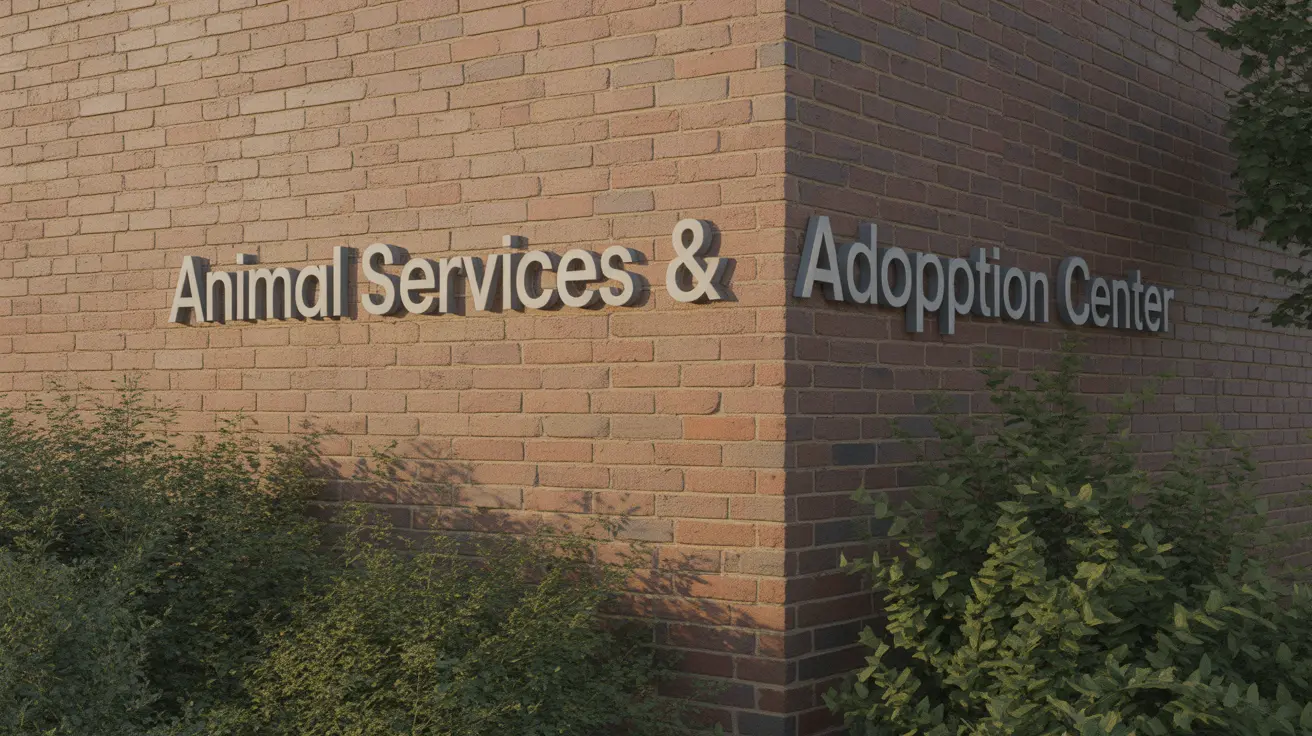What Are Dogs Telling You When They Sneeze?
Dogs communicate in many ways beyond barking and tail wagging, and one subtle yet meaningful behavior is sneezing. While often dismissed as a simple reaction to irritation, sneezing in dogs can have various interpretations—from playful interactions to signs of health problems.
Common Reasons Why Dogs Sneeze
- Environmental Irritants: Just like humans, dogs may sneeze when exposed to dust, smoke, aerosols, pollen, or strong perfumes. Their nasal passages are highly sensitive.
- Allergies: Both seasonal and food allergies are common culprits. Symptoms may include sneezing, watery eyes, itching, or excessive licking and chewing.
- Play Sneezing: Dogs often sneeze when playing as a nonverbal cue to signal excitement and friendliness. It's especially common during roughhousing with other dogs.
- Foreign Bodies: Outdoor dogs or those that sniff brush may inhale grass, dirt, or seeds, causing sudden and repeated sneezes. Watch for pawing at the nose or nasal discharge.
- Respiratory Infections: Viral, bacterial, or fungal infections can lead to sneezing, often paired with coughing, nasal discharge, loss of appetite, and lethargy.
- Dental Issues: Infections in the mouth can reach the nasal passages because upper tooth roots are located near them. This may result in sneezing and bad breath.
- Nasal Mites: Though rare, nasal mites can invade a dog’s nasal cavity, causing intense sneezing, discharge, and nose rubbing.
- Nasal Tumors or Polyps: In older dogs, chronic sneezing—especially with bloody discharge—could be a sign of a growth in the nasal cavity.
What Is Reverse Sneezing?
Reverse sneezing is a harmless phenomenon common in brachycephalic breeds like Pugs and Bulldogs. It involves rapid inhalations, sounding like honking or snorting. It's usually brief and triggered by excitement or strong smells.
Breed-Related Factors
Flat-faced (brachycephalic) dogs are more prone to sneezing due to compact nasal passages that are more sensitive to irritants and anatomical constraints.
When to See a Veterinarian
- Persistent or frequent sneezing that does not resolve
- Sneezing accompanied by colored or bloody nasal discharge
- Signs of discomfort such as pawing the face or rubbing the nose
- Facial swelling or deformities
- Difficulty breathing, coughing, or wheezing
- Lethargy, fever, or appetite loss
- Visible foreign object in the nasal area
Diagnostic and Treatment Options
Veterinarians begin with a thorough examination of the nose, mouth, eyes, and lungs. Additional tests might include:
- Blood tests
- X-rays or CT scans
- Endoscopic nasal examination (rhinoscopy)
- Tissue biopsy or nasal flushing
Treatments depend on the cause. They may include:
- Allergy management and avoidance of irritants
- Medications such as antibiotics, antifungals, or antiparasitics
- Dental treatments for oral-related sneezing
- Surgical interventions for tumors or lodged foreign objects
Prevention Tips
- Limit exposure to strong smells and airborne particles at home
- Wipe down your dog’s face after outdoor adventures
- Maintain regular vet checkups and dental hygiene
- Monitor any changes in sneezing patterns and secondary symptoms
Conclusion
While the occasional sneeze is typically harmless—especially during play—frequent, severe, or symptomatic sneezing can be a sign of more serious health concerns. Observing your dog’s behavior and noticing patterns can help you understand whether a sneeze is playful or points to irritation or illness. Always consult your veterinarian when in doubt to ensure your furry friend stays happy and healthy.





